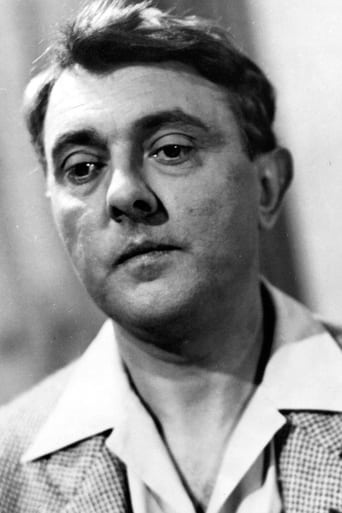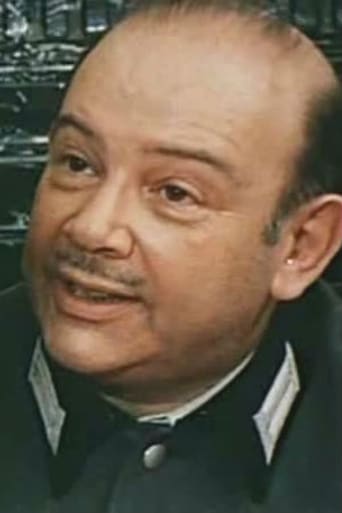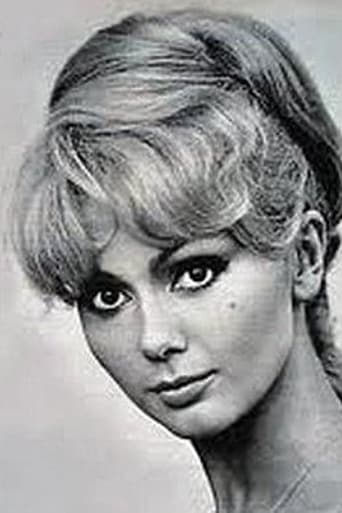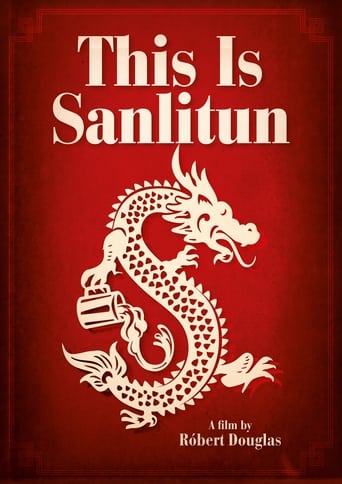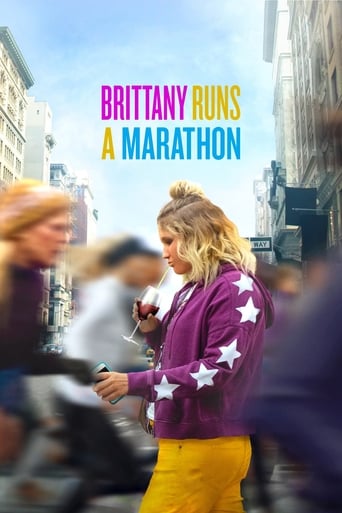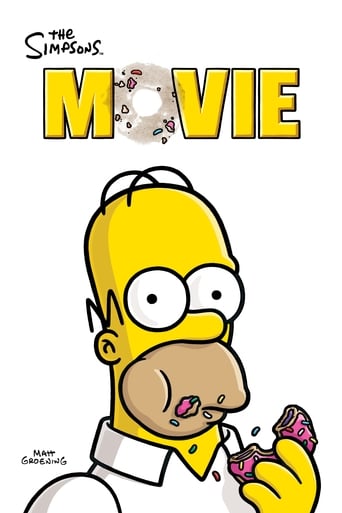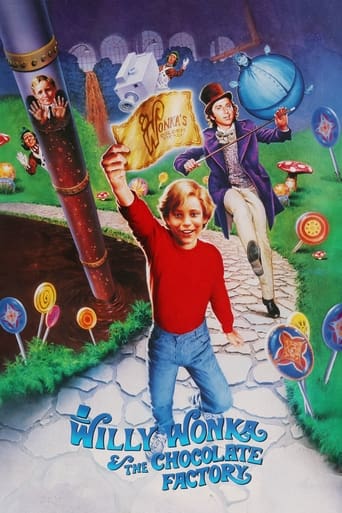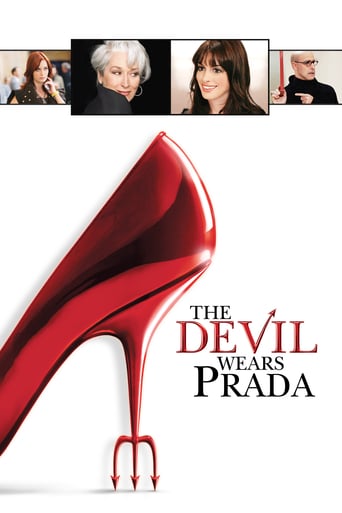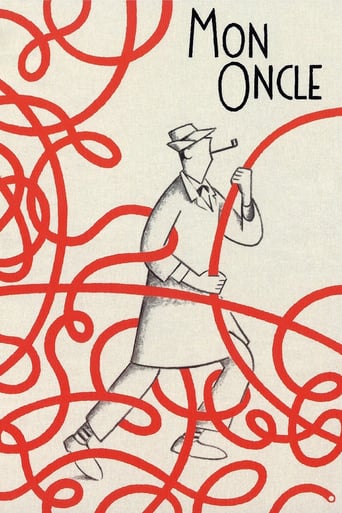
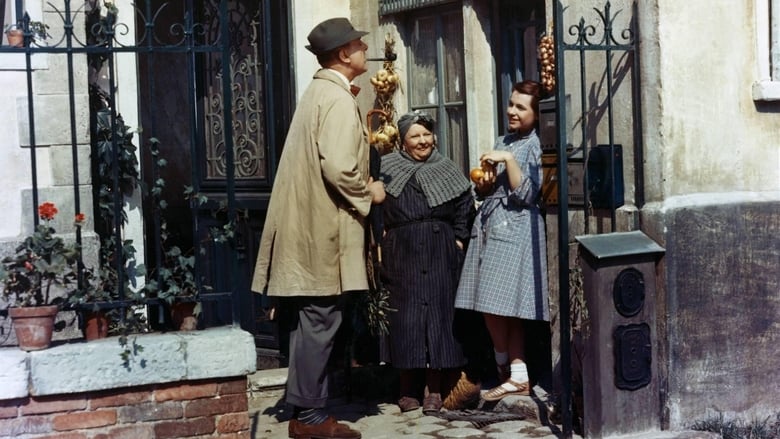
Mon Oncle (1958)
Genial, bumbling Monsieur Hulot loves his top-floor apartment in a grimy corner of the city, and cannot fathom why his sister's family has moved to the suburbs. Their house is an ultra-modern nightmare, which Hulot only visits for the sake of stealing away his rambunctious young nephew. Hulot's sister, however, wants to win him over to her new way of life, and conspires to set him up with a wife and job.
Watch Trailer
Cast
Similar titles

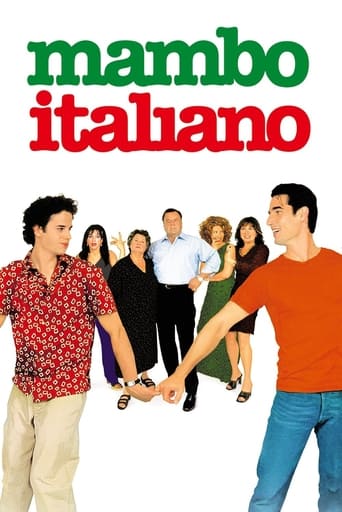
Reviews
Sadly Over-hyped
It’s not bad or unwatchable but despite the amplitude of the spectacle, the end result is underwhelming.
The story, direction, characters, and writing/dialogue is akin to taking a tranquilizer shot to the neck, but everything else was so well done.
It is neither dumb nor smart enough to be fun, and spends way too much time with its boring human characters.
Mon Oncle (1958- Jacques Tati) Mon Oncle, much like other Tati films, is about Monsieur Hulot and his struggles with the industrialized and modern society. Tati, with his trademark Hulot character is much like the silent era comedians, not only because he barely talks but also because of his simplicity and innocence. He is dazed and confused by the modern world (in a scene he literally escapes from her sister's place after dropping his nephew) and prefers his own old-fashioned neighborhood. In fact there is even a visual line between the modern world and Hulot's own neighborhood (the old world!) that is the wreckage of a break wall with a couple of tall buildings far back in the background (the break wall representing the old world and buildings the modern world) and every time Hulot wants to go to the modern part of the city (whether to go to his sister's or to go to the factory etc.) he passes through there. Gray, silver and blue are the dominating colors in the modern world (in contrast to the warmer colors of Hulot's neighborhood) and modern architecture , minimalist decors and complicated machines are everywhere whereas on the other side Hulot reflects sunlight on a bird when he wants to listen to music at his apartment! Hulot's brother-in-law owns (or works in) a plastic factory and they constantly tell their friends that plastic has been used in different parts of their home. When Hulot goes to work in the factory he goofs up the first day and makes plastic pipes which look like sausage! Plastic is another representation of the modern world with which Hulot cannot cope. Everything in the modern part of the city is highly stylized. Hulot's sister and her friends and family are very pretentious and they act stylized and unnatural. In a scene during the party when they want to move the chairs to another spot, they precisely follow the designated and paved path and are careful not to step on the space between the blocks. Hulot doesn't communicate much with the people at the party (or elsewhere!). He seems to prefer the childish simplicity of his nephew and we see him spending most of his free time with him. In the end when Hulot (the symbol of the old, conventional world) is leaving his neighborhood, we see that the buildings are being wrecked; the modern world is taking over! Tati's comedy is a rare example of visual comedy in cinema with clever uses of mise-en-scene. Something that is very refreshing to watch for all of us who have been accustomed to the verbal (and mostly vulgar!) comedies of Hollywood. In a scene where Hulot's sister is showing their neighbor to her husband from the window, we get a long shot from them from outside of the building and it's as if their heads are the houses pupils and the windows are its glasses! The same joke recurs when Hulot is sneaking in to their house at night. He makes a noise and suddenly 2 heads with black hair pop up from the window and again look like the houses pupils. To reinforce the idea, they simultaneously and in the same direction, much like human eye does. The visual gags are made possible through Tati's combination of long takes and long shots with fixed camera that lets the spectator choose what he wants to see from the -usually- multiple actions that are happening at the same time in the scene. The scenes like the part in this film or the restaurant in Playtime are perfect examples of Tati's precise choreography combined with a camera work that gives you the freedom to choose want you want to see. Tati's most interesting use of formal elements is probably with sound. "I pitch dialogue at the level of ambient sounds" he said, "like the way you hear them in a supermarket or train station". He defies what Chion called Vococentrism, for him dialogue is just a sound like any other sound. Instead of dialogue he heavily relied on sound effects and made one of the most interesting uses of them in film history.
I knew about this French film when I saw it listed in the 1001 Movies You Must See Before You Die book, I knew the title translated was "My Uncle", and I later found out it was the follow up to Monsieur Hulot's Holiday, from returning director Jacques Tati (Playtime). Basically Monsieur Hulot (Jacques Tati) is the adored uncle of nine year old Gerard Arpel (Alain Bécourt), the nephew lives with his parents Charles (Jean-Pierre Zola) and Madame Arpel (Adrienne Servantie) in an automated and convenience filled ultra-modern house, which includes a fish fountain in the yard that must be turned on whenever important guests visit. Monsieur Hulot meanwhile lives in a smallish flat in an old building in an old neighbourhood, it may not be high in standard, but Gerard prefers to spend more time there, as her own house is not all that child friendly, the Arpels may be trying to mold M. Hulot more into the person they are used to in the upper class world. Charles offers his brother-in-law a job in the factory where plastics are manufactured, and Madame Arpel hosts a garden party, inviting him and trying to impress a few guests with her fountain and impressive home, but the bumbling nature of M. Hulot causes problems for their plan, but he may in fact help them in some way. Also starring Lucien Frégis as Monsieur Pichard Betty Schneider as Betty, Landlord's Daughter, Yvonne Arnaud as Georgette, the Housekeeper, Dominique Marie as Neighbour, Jean-François Martial as Walter and Adelaide Danieli as Madame Pichard. I will be honest and say that I didn't see much of a story going on, but I know that Tati gave a good performance as the nice guy that is clumsy, I did giggle at the obvious moments, like the water fountain being meddled with, and the luxurious setting looked cool and colourful, so it is a fun and watchable satirical comedy. It won the Oscar for Best Foreign Language Film. Very good!
I first saw this film many years ago while on vacation in Palm Springs. I thought it was one of the funniest movies I've ever seen! I went into hysterics during some scenes. There's sheer artistry at work here. I'd never heard of Tati and his films before. So I didn't know what to expect. And boy, did he deliver! I've always liked subtle humor, as I think it takes so much more talent and wit than loud, pompous and aggressive comedians. And it requires an intelligent and perceptive audience. An American comedian who comes to mind was Ernie Kovacs (1919-1962). If you think Jim Carrey does great comedy, you'll probably NOT like this movie. This is NOT over-the-top comedy; it's under-the-top humor. Either you GET it, or you don't. I sure did.
Mr. Hulot (director Tati) lives in an old-fashioned and disorganized neighbourhood where people still travel by horse and cart and dogs can roam free on the streets. He frequently pays visits to his sister's family, the Arpels, who live in an ultra-modern urban house where everything is geometrical, empty and pretty uninhabitable. The family's young son Gérard (Alain Bécourt) likes Hulot, but the parents (Jean-Pierre Zola and Adrienne Servantie) insist his carefree lifestyle is not acceptable and try to hook him up with their uptight neighbour (Dominique Marie) and get him a job at a plastic factory, with catastrophic consequences.The comedic genre allows delicious exaggeration of the contrast between the two neighbourhoods. The pacing is slow and the long runtime allows a lot of focus to be put on small details that are often ignored as self-evident: the complexity of modern kitchen appliances, the tap-walking secretary at the factory, the stepping stones on the Arpels' yard, the pedalled lawnmower, the "eyes" of the house... On the other hand, the antics of Gérard's friends in Hulots's neighbourhood are presented as joyful and unpredictable, like tricking passers-by to walk into lampposts or enjoying the aftermaths of fender-benders that never really happened after all. Hulot and the other adults also have time to enjoy themselves by sitting in cafés and chatting with the easily distracted street cleaner.Even though there is a lot of dialogue in some scenes, Hulot stays silent throughout and maintains an unhurried attitude which is the best way to approach the film too. The sets, music, sound effects, props and other details are all carefully designed to fit the style and provide plenty to enjoy for a viewer that doesn't expect to be force-fed jokes every second. Even though at almost two hours Mon oncle may feel unnecessarily long at points, it is ultimately a rewarding experience. Personally I like it more than Mr. Hulot's Holiday (1953), so I recommend giving it a chance even if you're not sure if Tati's calm style is for you. Fans of Rowan Atkinson's Mr. Bean character may also want to check the film out, as Tati's influence on Bean is immense.
